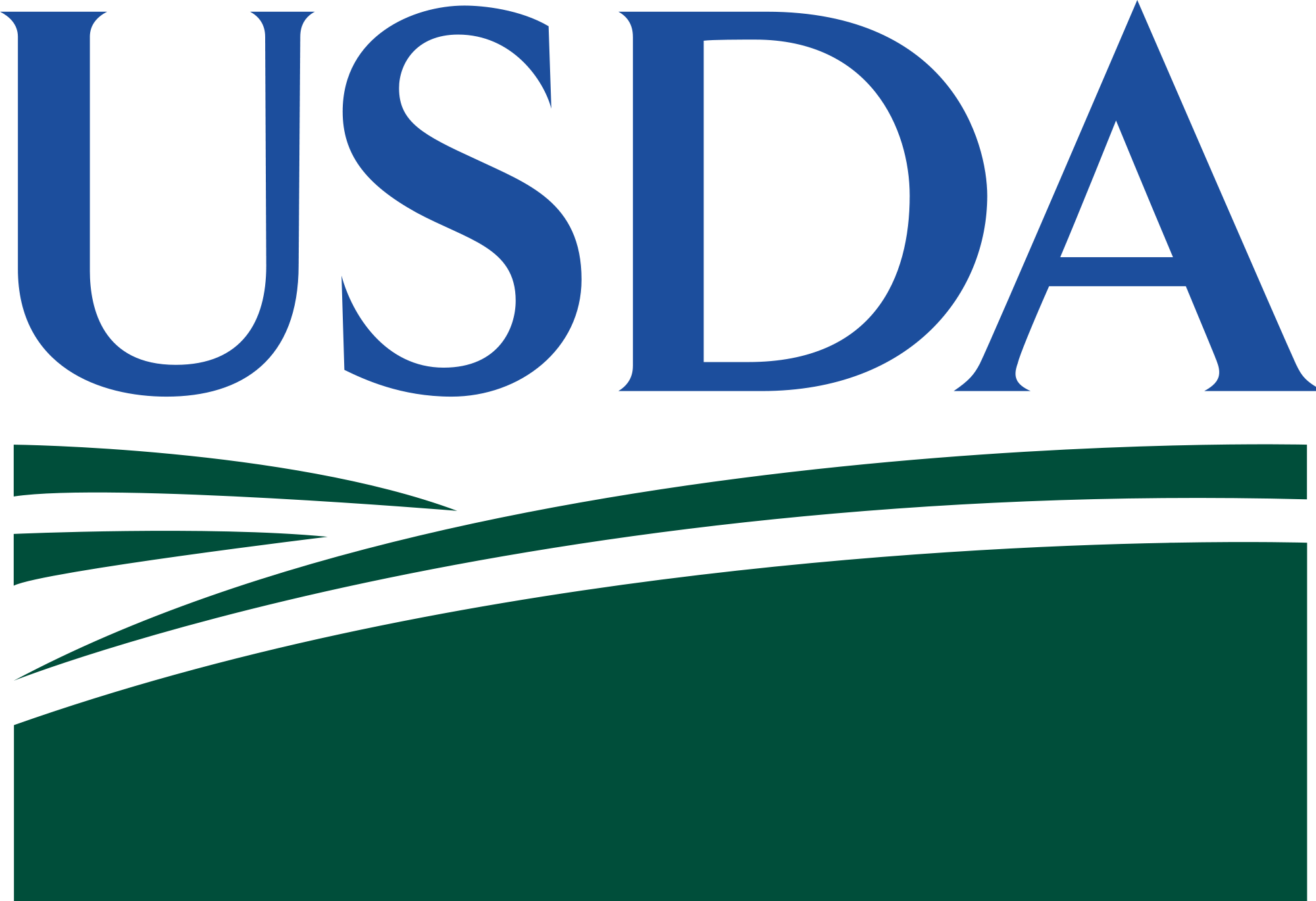Three new organisms are available at the i5k Workspace, and five additional organisms have been updated to the latest genome assembly.
New organisms:
- Bradysia coprophila (genome assembly GCF_014529535.1 and NCBI Annotation Release 100)
- Lucilia sericata (genome assembly GCF_015586225.1 and NCBI Annotation Release 100)
- Venturia canescens (genome assembly GCF_019457755.1 and NCBI Annotation Release 100)
Updated organisms:
- Drosophila elegans (update from GCF_000224195.1 to GCF_018152505.1)
- Drosophila eugracilis (update from GCF_000236325.1 to GCF_018153835.1)
- Drosophila kikkawai (update from GCF_000224215.1 to GCF_018152505.1)
- Ladona fulva (update from Baylor College of Medicine assembly Lful_2.0)
- Rhipicephalus microplus (update from Rmi_v2.0 to ASM1333972v1)
New and updated organism, dataset, and gene pages (https://i5k.nal.usda.gov/); browsers with mapped RNA-Seq (https://i5k.nal.usda.gov/available-genome-browsers); file downloads, including functional annotations (https://i5k.nal.usda.gov/content/data-downloads); and BLAST databases (https://i5k.nal.usda.gov/webapp/blast) are available. Apollo registration for all organisms can be accessed at https://i5k.nal.usda.gov/web-apollo-registration
For updated genomes, file downloads and dataset pages of the older assemblies and annotations are still available, and are archived at the Ag Data Commons (https://data.nal.usda.gov) and NCBI GenBank where appropriate.
Please let us know if you notice any issues!
 An official website of the United States government.
An official website of the United States government.
